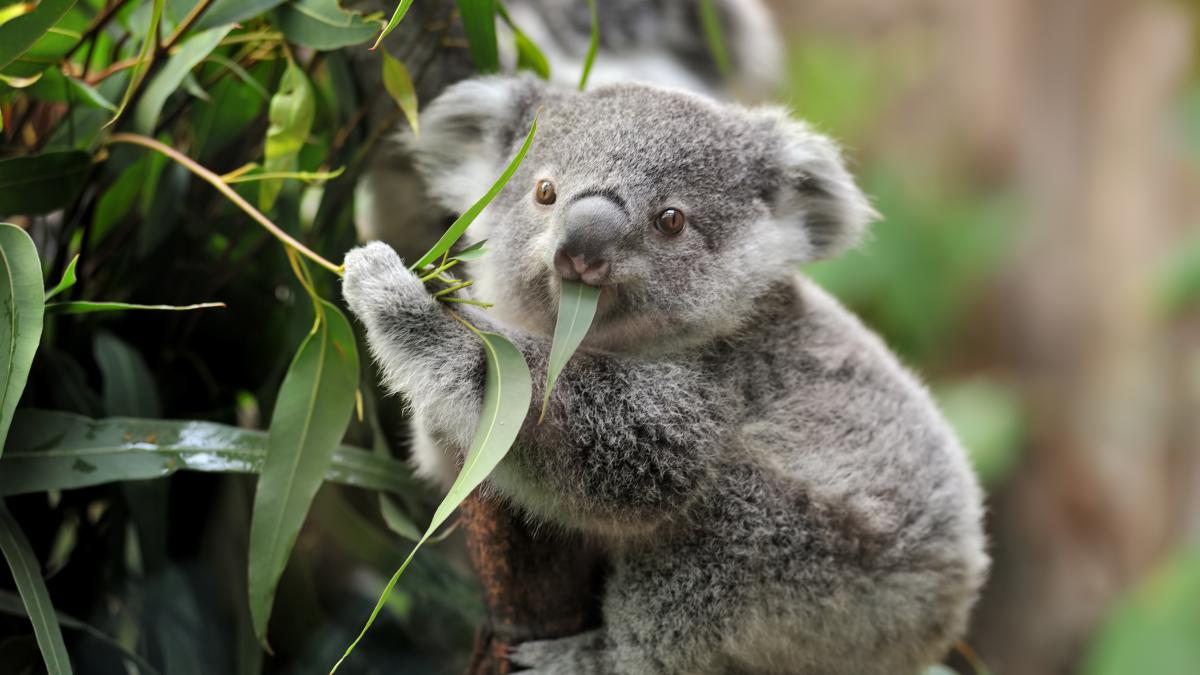
Today, June 5, is World Environment Day. So to celebrate, we thought we’d take a moment to spotlight a couple of brilliant organisations doing really good work around the country.
World Environment Day, established by the UN General Assembly in 1972, is all about environmental issue awareness. It’s also a day to celebrate nature and to remind ourselves not to take it for granted. Every year there’s a theme and this year, it’s all about biodiversity.
Biodiversity describes the variety of all living things on Earth, including plants, animals, and micro-organisms and the ecosystems they form. It pretty much impacts everything, like human health, medicine sources, natural disease resistance, and climate change mitigation.
But human actions like deforestation, the encroachment on wildlife habitats, and the acceleration of climate change has led to immense biodiversity loss, particularly species diversity. The devastating bushfires of the 2019/2020 summer might feel like years ago, but in actuality, it was only six months ago. And while the fires may be out, the effects haven’t just disappeared.
Scientists fear the bushfires, which burned through more than 12 million hectares, killed billions of animals and hundreds of billions of insects. In March, the government’s Wildlife and Threatened Species Bushfire Recovery Expert Panel listed 119 animal species as high priority for urgent action, including the Glossy Black-Cockatoo, the Oakview Leaf-tailed Gecko, and the Mainland Dusky Antechinus.
The government has since announced a $150 million package to support bushfire affected wildlife and plants. The funds will be rolled out over two years from July 1, 2020.
Government aside, here are a couple of stellar organisations that are committed to helping our native flora and fauna thrive. If you have the means to, these organisations accept donations too.
Australian Wildlife Conservancy
The AWC owns a mammoth 6.5 million hectares of land across Australia, protecting some of the nation’s most endangered species, including 207 species of native mammal, 541 species of native bird, 532 species of reptile, and 127 species of amphibian.
Last year, the AWC successfully re-introduced the bilby to the bush more than a century after they went extinct in the state. The team worked with the NSW government to re-introduce the animal and a number of other near-extinct species to the area.
Donations go directly towards the AWC’s ongoing conservation work. $20 will help support AWC’s bushfire recovery efforts in southern Australia. This includes releasing rescued animals back into the wild once they’re able to.
Bush Heritage Australia
Bush Heritage Australia is a not-for-profit that works side-by-side with Indigenous Australians to protect our native flora and fauna. Bush Heritage Australia work across a massive 11.3 million hectares of land across the country. That’s 6,359 species of plants and animals under their care, including at least 243 threatened species.
As we settle into winter, Bush Fire Heritage will be preparing for the possibility of early season fires.
Wheen Bee Foundation
The Wheen Bee Foundation is Australia’s only registered not-for-profit charity tackling the national and global threats to honey bees by providing funding to much-needed research and educations.
After the bushfires, the Wheen Bee Foundation launched the Strategic Bee Rebuild and Recovery Fund to support research development and extension programs and projects. The aim is to sustain their bee and beekeepers over the next 10 years as they recover from the bushfires.
WWF Australia
WWF Australia is concerned about four key species that are now vulnerable or critically endangered as a result of the bushfires: the brush-tailed rock-wallaby, the adorable Kangaroo Island Dunnart, the glossy-black cockatoo, and our koalas.
The second phase of the organisation’s relief effort cover three areas: wildlife response, habitat restoration for people and nature, and future-proofing Australia.
You can donate however much you want to WWF. As an example, 50 bucks could help restore native habitats for the Kangaroo Island Dunnart.
Trillion Trees, Western Australian
Founded in 1979, Trillion Trees – formerly known as Men of the Trees – has committed itself to championing the importance of biodiversity in WA to improve the health and sustainability of degraded land. They have planted more than 15 million native trees and they hold the Guinness World Record for planting 100,450 trees simultaneously.
A $5 donation equals one tree planted. Trillion Trees will find the land to plant the tree, prepare the ground for planting, grow the seedling, and organise for planting and aftercare management for two to three years.
Australian Marine Conservation Society
The AMCS is Australia’s only national charity dedicated solely to protecting our ocean wildlife. For over 50 years, the organisation has protected critical ocean ecosystems through marine reserves around the country, including Ningaloo Reef, the Great Barrier Reef, and Moreton Bay.
Donations to the AMCS will fight plastic pollution, protect our whales, and fight for our reef.



